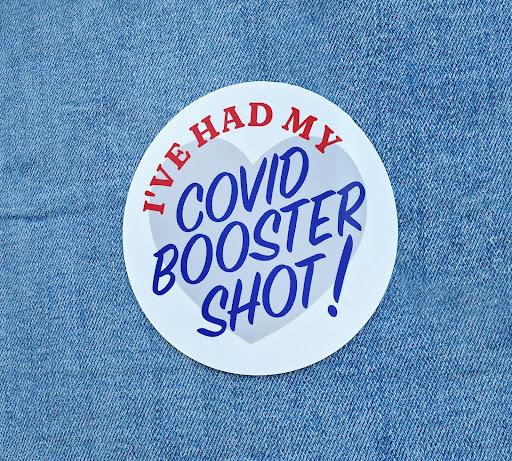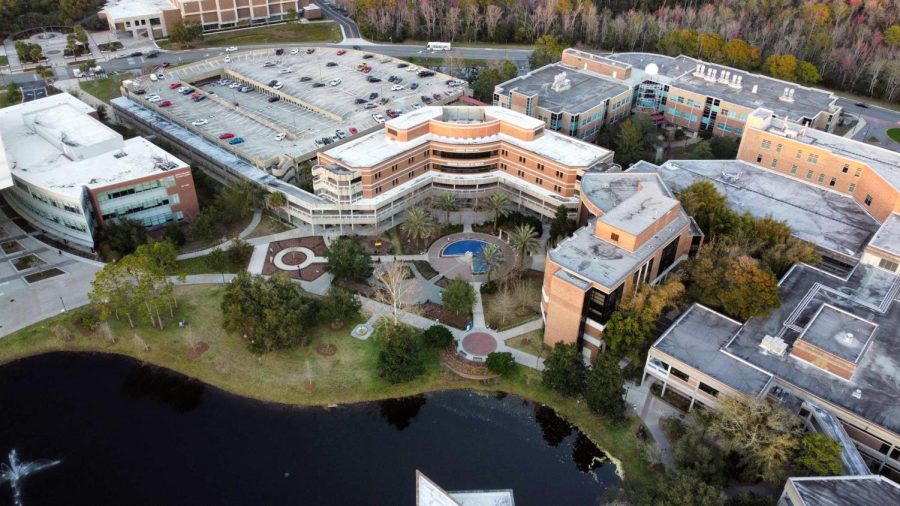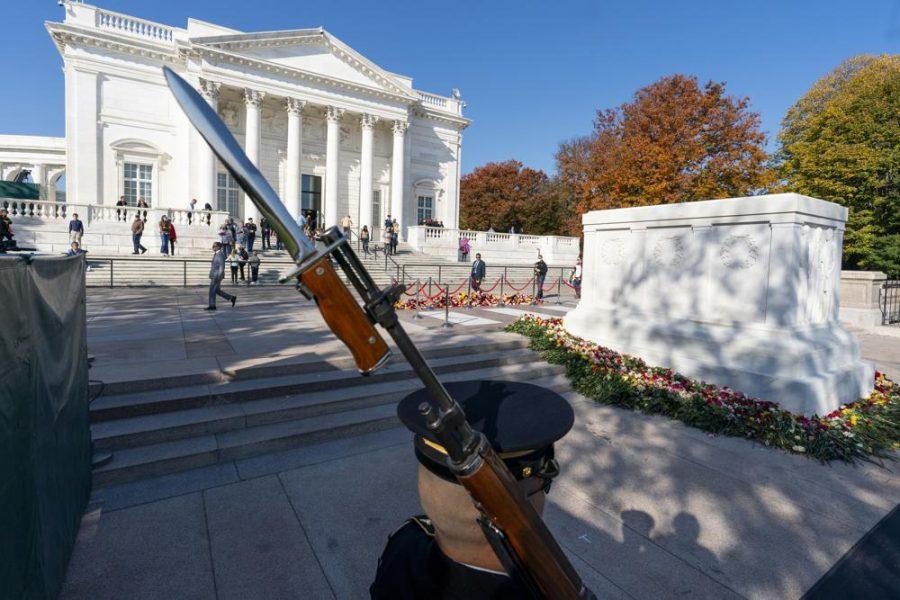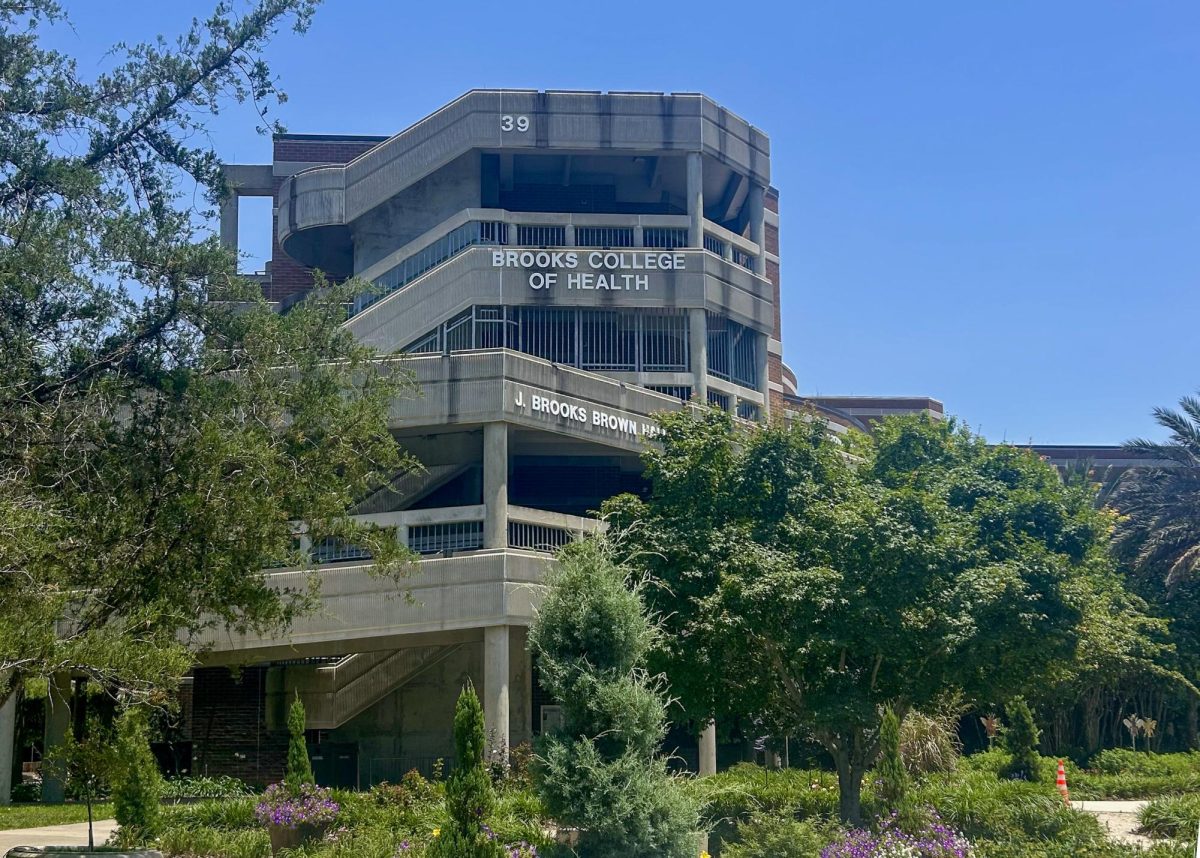There is much discussion about COVID-19 booster shots ever since the FDA’s authorization. Boosters come after the initial COVID-19 vaccine roll-outs that happened around the world. Some of this information may be confusing. Here is a guide to booster shots and eligibility so far.
Booster shots were strongly recommended after studies showed that after getting vaccinated against COVID-19, protection against the virus and the ability to prevent infection with the Delta variant may decrease over time.
The CDC’s recent data supports the need for a booster shot. While COVID-19 vaccination for adults ages 65 years and older is effective in preventing severe disease, data suggests that vaccination is less effective at preventing infection or milder illness with symptoms over time.
New data from the CDC also shows that among healthcare and other frontline workers, vaccine effectiveness against COVID-19 infections is also decreasing over time.
According to the CDC, lower effectiveness is likely due to the combination of decreasing protection as time passes since getting vaccinated, as well as the greater infectiousness of the Delta variant.

Data from small clinical trials also have shown that a Pfizer-BioNTech or Moderna booster shot increased the immune response in trial participants, who finished their initial vaccine doses 6 months earlier. Another trial showed that a J&J/Janssen booster shot also increased the immune response in participants, who completed their single-dose vaccine at least 2 months earlier.
It was concluded that with an increased immune response, people should have improved protection against COVID-19, and its variants.
However, even if you don’t receive a booster, you are still considered “fully vaccinated.”
COVID-19 boosters are the same formula as the current COVID-19 vaccines. However, in the case of the Moderna COVID-19 vaccine booster shot, it is half the dose of the vaccine that people get for their initial series of the Moderna inoculation.
If you received the Pfizer or Moderna vaccination, you are eligible for a booster 6 months after completing your primary vaccination series if you are:
- 65 years or older
- Age 18+ who live in long-term care settings
- Age 18+ who have underlying medical conditions
- Age 18+ who work or live in high-risk settings
If you received the J&J vaccine, you are eligible for a booster 2 months after your initial shot if you are:
- 18 years or older
If you qualify for boosters, you can talk to your primary health care provider for more information or to find out what may be best for you. You can also reach Student Health Services at (904)-620-2900, or visit their website for more information.
___
For more information or news tips, or if you see an error in this story or have any compliments or concerns, contact editor@unfspinnaker.com.














